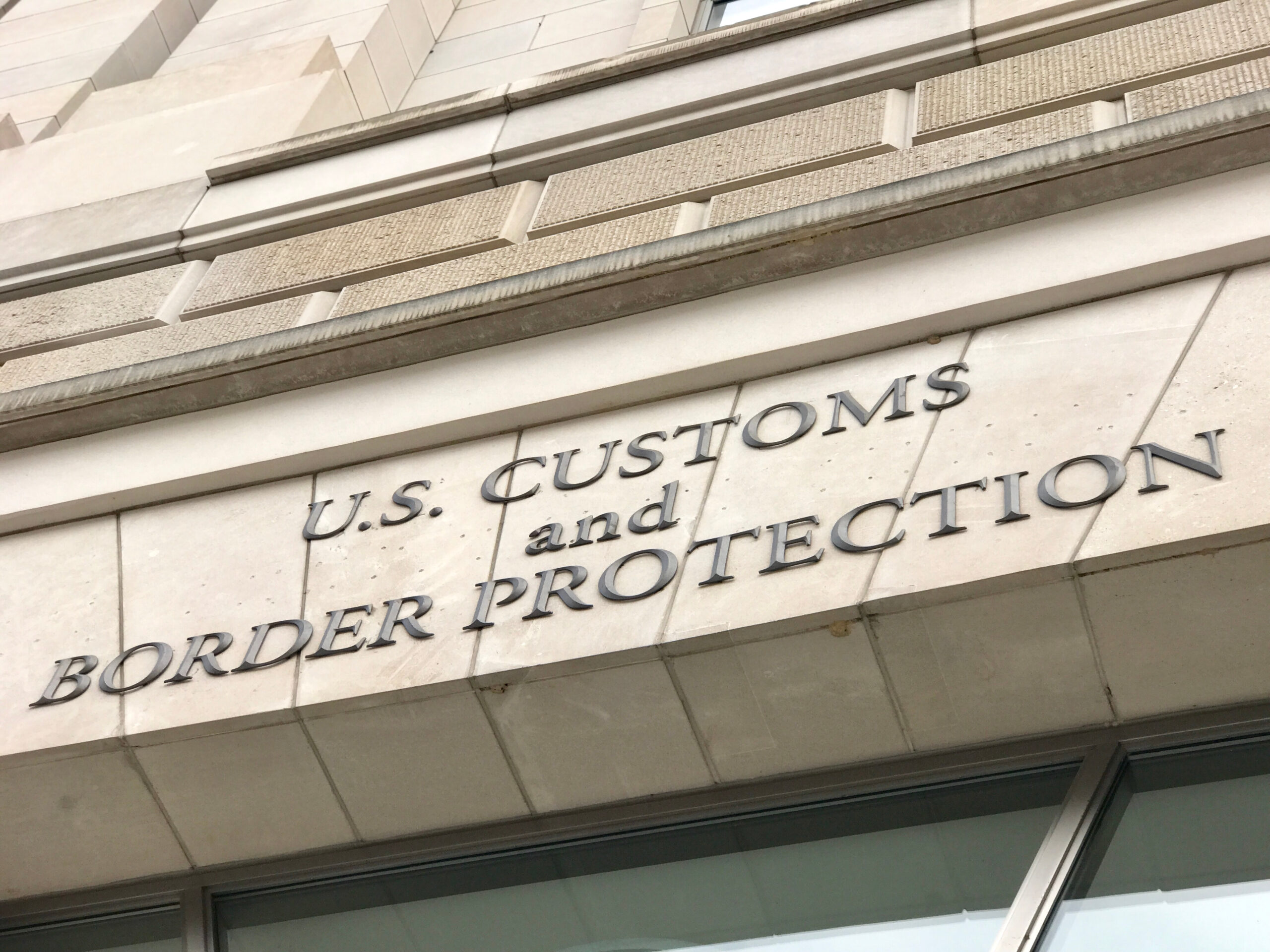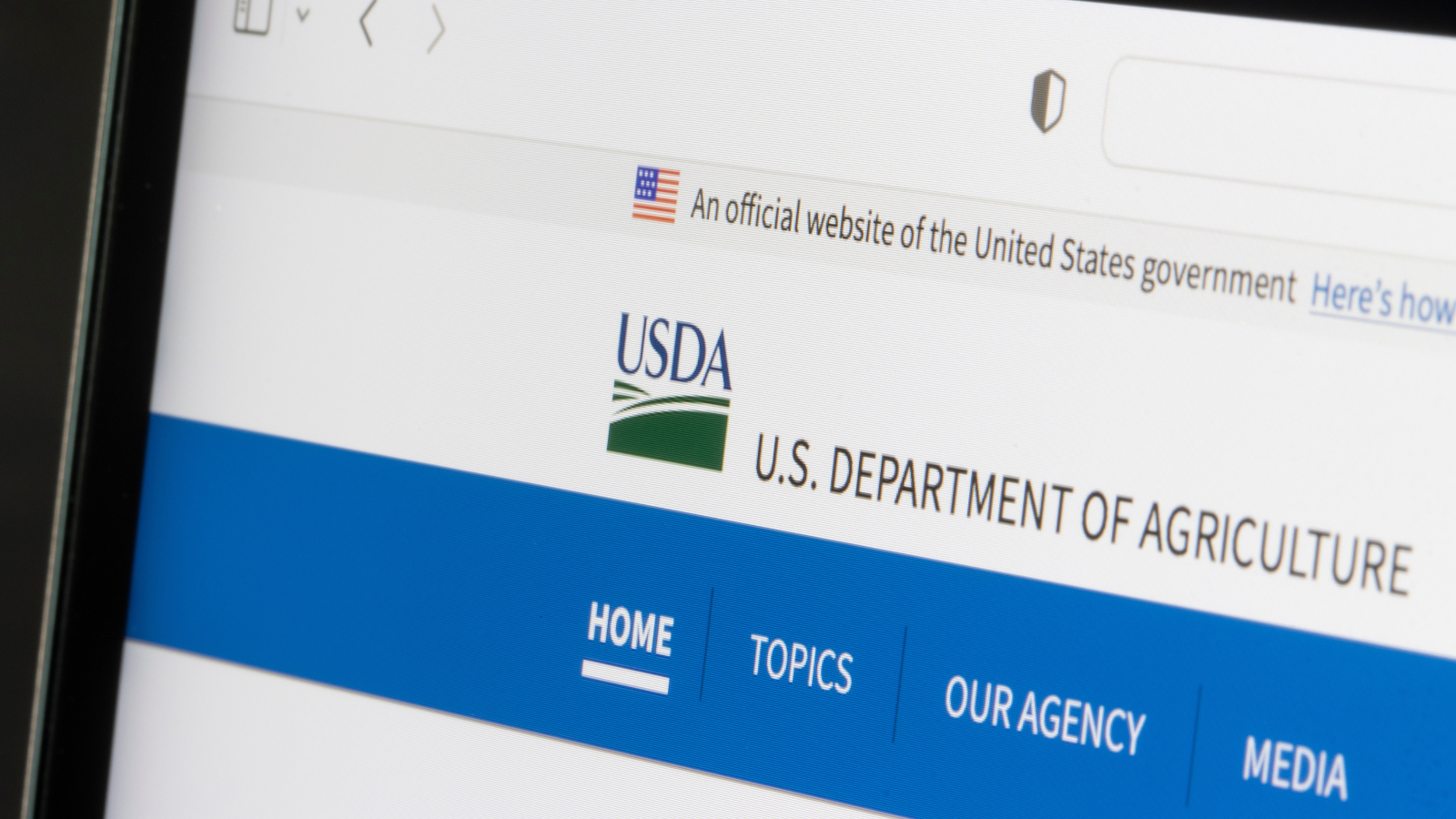Scott Welder is an Impact Specialist and Paralegal at Protect Democracy. His work focuses on securing accountability for abuses of power and combating anti-democratic disinformation.
Pastor Dousa’s case shows the U.S. is not immune to authoritarian crackdowns on dissent
- July 5, 2023

In March 2023, the Pastor Kaji Douša secured a significant court win for the First Amendment and a rare judicial rebuke against a federal law enforcement agency — the Department of Homeland Security (DHS) and Customs and Border Protection (CBP).
The background: Pastor Douša has long used her ministry to serve and advocate for migrants and refugees. She has prayed with and for those in need and organized holy vigils both in the United States and across the border in Mexico. All of these activities — some of which have been critical of U.S. immigration law and policy — are protected by the Constitution and federal law.
Read More: Douša v. DHS Read More: Douša v. DHS
Nevertheless, DHS retaliated against Pastor Douša for ministering to migrants and refugees in Mexico in December 2018 by restricting her Trusted Traveler privileges; subjecting her to extra screening at the southern border; and telling Mexican authorities, falsely, that there was “a great possibility” that she did not have “adequate documentation to be in Mexico” and suggesting that the Mexican government “deny [her] entry to Mexico” and “send [her] back to the United States.”
A CBP official later admitted that the request to Mexican authorities was “creative writing,” “without any basis.” But DHS’s actions made it more difficult for Pastor Douša to continue her ministry, eventually causing her to limit her activities in the United States and to end her ministry in Mexico altogether.
When it ultimately ruled in her favor, the United States District Court for the Southern District of California criticized CBP’s “Operation Secure Line” — an operation to monitor the 2018 migrant “caravan” and gather intelligence on journalists, lawyers, and advocates CBP labeled as “organizers” and “instigators” — as “misguided and unprofessional,” and ruled that CBP unlawfully retaliated against Pastor Douša for protected First Amendment activity when it reported her to Mexican authorities.
[M]y own government didn’t like who God called me to serve, so they did everything they could think of to make that nearly impossible for me.
Pastor Kaji Douša
Pastor Douša’s experience concluded with a victory in court, but it is too seldom that federal law enforcement agencies are held accountable for abuses of power. For agencies like DHS, there often is little accountability beyond public reporting about the agency’s transgressions or investigations by the Office of the Inspector General. And there often are no consequences at all for the individuals who engage in misconduct.
The misuse of law enforcement to target those who offer comfort or other support to marginalized communities is fundamentally at odds with a democratic society. Autocratic regimes around the world try to silence critics, and Pastor Douša’s case against DHS made clear that the United States is not immune to authoritarian crackdowns on dissent. As Pastor Douša put it, “my own government didn’t like who God called me to serve, so they did everything they could think of to make that nearly impossible for me.”
Judge rules immigration officials violated pastor’s religious freedom rights The Washington Post, Mar. 31, 2023 Judge rules immigration officials violated pastor’s religious freedom rights
It’s unfortunate, therefore, that the Supreme Court largely passed on an opportunity to curb future abuses of law enforcement power when it upheld as constitutional a federal law broadly making it a crime to “encourage” illegal immigration — a law that has been used to chill speech like Paster Dousa’s and was cited by CBP to justify Operation Secure Line. See United States v. Hansen (Jackson, J., dissenting); see also Amicus Brief of The Reporters Committee for Freedom of the Press. Indeed, during oral argument, Justice Sotomayor (who joined in Justice Jackson’s dissent), alluded to Operation Secure Line as an example of the dangers posed by the statute, noting that CBP “made a list of all of the people, religious entities, the lawyers, and others who were providing services to immigrants at the border and was saying that they intended…to prosecute them.”
Democracy thrives when individuals are able to express their ideas freely, even if those ideas are disfavored by the government. Pastor Douša’s experience is but one example of the dangers to democracy when law enforcement power is wielded to stifle dissent. Though Pastor Douša prevailed here, additional guardrails are necessary to prevent future abuses of power.
Related Content
It can happen here.
We can stop it.
Defeating authoritarianism is going to take all of us. Everyone and every institution has a role to play. Together, we can protect democracy.
Donate
Sign Up for Updates Sign Up for Updates
Explore Careers Explore Careers
How to Protect Democracy How to Protect Democracy

